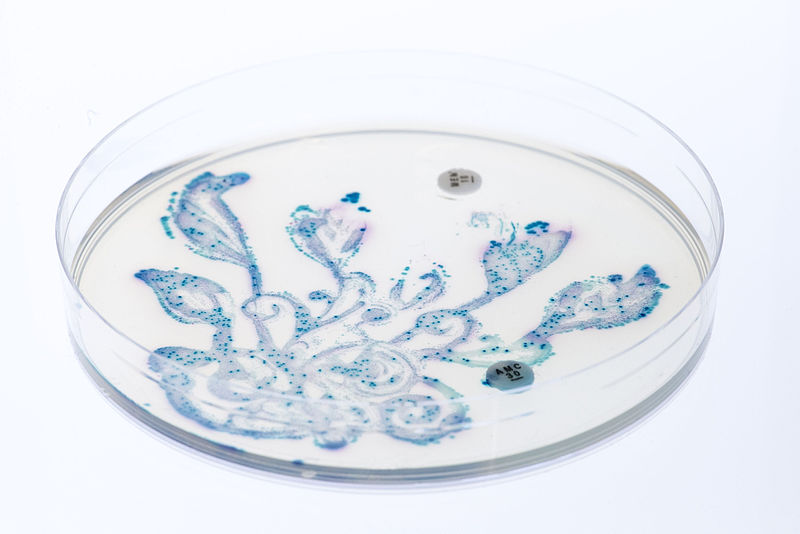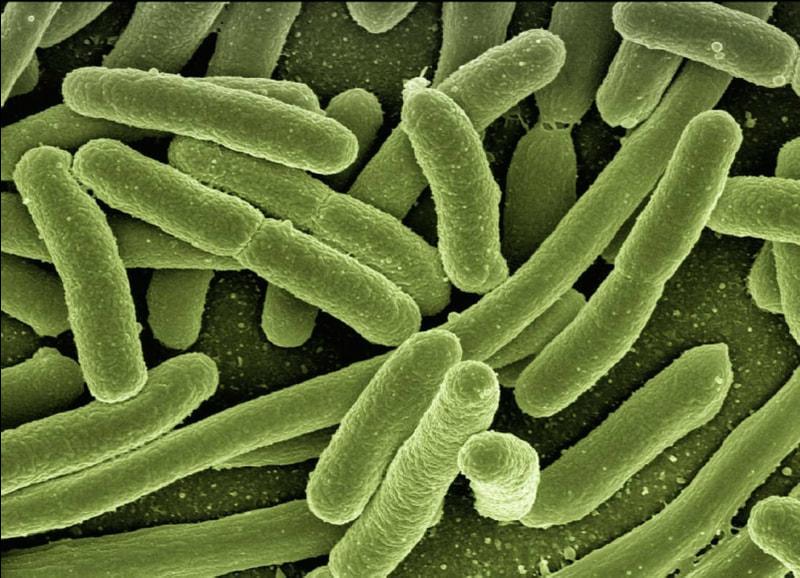Antioxidants: The Key to Cardiac Time Travel
According to the World Health Organization, cardiovascular, or heart-related, diseases remain among the leading causes of death in the world. To help solve this crisis, researchers at the University of Colorado at Boulder have found that specific antioxidants may be the key to help dramatically reduce the number of lives lost due to cardiovascular complications.
To explain their research, it is important to first understand the function of antioxidants in the human body. Antioxidants are chemical compounds, found mostly in plants, that help absorb and remove free radicals from the cell. Free radicals can enter the body as a result of smoking or exposure to toxins, and they can even exist as natural byproducts of human biochemistry. More specifically, they are a highly reactive form of waste produced by metabolizing cells in the body. Given their highly reactive nature, free radicals may attack and invade healthy cells in their environment, potentially damaging the DNA inside. Although the body has natural defenses against free radicals, they may not be sufficient; this is where antioxidants from a proper diet can help. Antioxidants can attach themselves to free radical compounds and ensure that they do not disrupt their surroundings by deactivating them, successfully preventing possible cell damage.
Researchers at the University of Colorado Boulder have synthesized an oral supplement called “MitoQ” that contains Coenzyme Q10, a natural antioxidant that clings to the mitochondria in cells. The mitochondria is an organelle where glucose oxidation and much of cellular respiration occurs, making it a primary source of natural free radical byproducts. These waste molecules would normally exit the cell and enter the bloodstream to be expelled out of the body. However, an excess amount of free radical compounds may cause considerable stiffening and damage to these exit blood vessels, leading to early signs of cardiovascular problems. MitoQ was designed to “clean up” these excess free radicals from collecting in the blood vessels.
To explain their research, it is important to first understand the function of antioxidants in the human body. Antioxidants are chemical compounds, found mostly in plants, that help absorb and remove free radicals from the cell. Free radicals can enter the body as a result of smoking or exposure to toxins, and they can even exist as natural byproducts of human biochemistry. More specifically, they are a highly reactive form of waste produced by metabolizing cells in the body. Given their highly reactive nature, free radicals may attack and invade healthy cells in their environment, potentially damaging the DNA inside. Although the body has natural defenses against free radicals, they may not be sufficient; this is where antioxidants from a proper diet can help. Antioxidants can attach themselves to free radical compounds and ensure that they do not disrupt their surroundings by deactivating them, successfully preventing possible cell damage.
Researchers at the University of Colorado Boulder have synthesized an oral supplement called “MitoQ” that contains Coenzyme Q10, a natural antioxidant that clings to the mitochondria in cells. The mitochondria is an organelle where glucose oxidation and much of cellular respiration occurs, making it a primary source of natural free radical byproducts. These waste molecules would normally exit the cell and enter the bloodstream to be expelled out of the body. However, an excess amount of free radical compounds may cause considerable stiffening and damage to these exit blood vessels, leading to early signs of cardiovascular problems. MitoQ was designed to “clean up” these excess free radicals from collecting in the blood vessels.
Image Source: annca
To determine the effectiveness of MitoQ, an experiment was done on a group of healthy adult men and women aged 60-79. For six weeks, one half of the group received a daily dose of MitoQ while the other half received a placebo. After two weeks, the two groups switched and the experiment was repeated. Researchers tested the elasticity of arteries throughout the experiment—the more elastic the artery, the healthier it is. While taking the supplement, researchers found that artery dilation improved by 42%, mimicking the healthy elasticity of someone aged 15-20 years younger. If this improvement could be sustained, it would be linked with a 13% risk-reduction of cardiovascular diseases. This finding supports the reasoning that oxidative stress generated by the mitochondria has a negative impact on surrounding blood vessels. Since MitoQ was able to curb some of this oxidative stress, arteries experienced greater elasticity.
Aging is a natural precursor to stiffening arteries. During youth, the body is able to deal with the free radicals effectively due to oxidation. However, since the number of free radicals continues to increase with age and since the body’s defenses generally cannot keep up, reduction of healthy arterial elasticity is normal over time. Although MitoQ is still in its experimental stages, this new supplement paves the way for future medications to slow down the effects of cardiovascular aging. While similar supplements may be available in the near future, for now, a healthy diet and proper exercise is the most important factor in reducing the risk of heart-related diseases. No matter how advanced technology and medicine may become, the effectiveness of nutrition and exercise should never be disregarded.
Aging is a natural precursor to stiffening arteries. During youth, the body is able to deal with the free radicals effectively due to oxidation. However, since the number of free radicals continues to increase with age and since the body’s defenses generally cannot keep up, reduction of healthy arterial elasticity is normal over time. Although MitoQ is still in its experimental stages, this new supplement paves the way for future medications to slow down the effects of cardiovascular aging. While similar supplements may be available in the near future, for now, a healthy diet and proper exercise is the most important factor in reducing the risk of heart-related diseases. No matter how advanced technology and medicine may become, the effectiveness of nutrition and exercise should never be disregarded.
Featured Image Source: Free-Photos
RELATED ARTICLES
|
Vertical Divider
|
Vertical Divider
|
Vertical Divider
|






